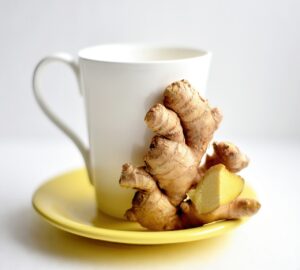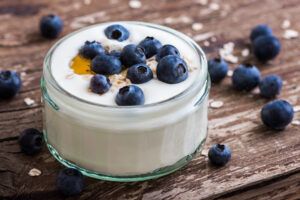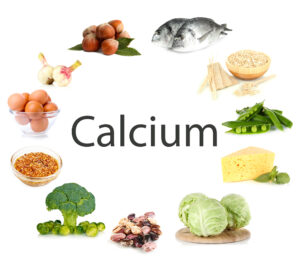 Ginger is not only a spice that has been used for centuries by Asian and Indian cultures; it is also one of the most effective medicinal foods in existence.
Ginger is not only a spice that has been used for centuries by Asian and Indian cultures; it is also one of the most effective medicinal foods in existence.
Ginger has a warm, mildly spicy flavor and is used as tea, as a seasoning for seafood and stir-fry dishes, as a powder for nutritional supplements, and as a spice for sauces and baked goods.
New studies are confirming what has been known about ginger benefits for over 5,000 years – It remedies nausea, arthritis, migraines, restless leg syndrome, premenstrual syndrome, upset stomach, and enhances brain function and memory.
Ginger for Nausea
A British Medical Journal did a review of several studies that were done on ginger benefits for nausea and vomiting. The researchers found that the studies on ginger for seasickness, morning sickness and chemotherapy-induced nausea, showed positive results for ginger and found it effective.
Relief of Premenstrual Syndrome (PMS) from Ginger
For women with PMS, scientists at the University of Medical Sciences in Tehran, Iran compared ginger capsules with two different kinds of anti-inflammatory drugs. 150 women participated and they were divided into three groups. Those in the ginger group took 250 mg. capsules of ginger root powder. Members of the other groups received the anti-inflammatory drugs (mefenamic acid or ibuprofen capsules).
The women’s severity of symptoms, pain relief, and satisfaction with the treatment were compared between the groups after one menstrual period. At the end of the five-month study, ginger was shown to be as effective as the drugs with relieving pain and providing relief.
Ginger Benefits for Enhanced Cognitive Abilities (reasoning, thinking and remembering)
The Journal of Evidence-Based Complementary and Alternative Medicine published a study aimed at determining the effect of ginger extract on the cognitive function of 60 healthy middle-aged women. After taking either a placebo or ginger throughout the study period, the women were evaluated with a series of tests that reviewed their working memory, decision making ability and other mental functions.
They discovered that the ginger group had increased mental abilities and enhanced working memory and that ginger is an effective cognitive enhancer for middle-aged women.
Ginger for Arthritis and Restless Leg Syndrome (RLS)
Arthritis causes pain, swelling, and reduced motion in joints. It can occur in any joint, but usually it affects hands, knees, hips or spine.
Osteoarthritis breaks down the cartilage in the joints. Cartilage is the slippery tissue that covers the ends of bones in a joint. Healthy cartilage absorbs the shock of movement, but when cartilage is lost, the bones rub together which can damage the joint.
Rheumatoid arthritis is an autoimmune disease, which means the arthritis results from the immune system attacking the body’s own tissues. It can affect body parts besides the joints, such as the eyes, mouth and lungs.
A recent study published in the journal “Arthritis” found that a standardized ginger extract is as effective as the anti-inflammatory drug betamethasone for both types of arthritis, but without the many side effects the drug is known for (fluid accumulation, nausea, adrenal gland suppression, insomnia and depression).
Patients with rheumatoid arthritis (RA) are more likely to develop restless leg syndrome than the general population. Those who have restless leg syndrome experience unpleasant sensations in the legs described as creeping, crawling, tingling, pulling or painful.
People with RLS often experience chronic insomnia and sleeplessness due to the strong urge to walk or do other activities to relieve the sensations in their legs at night. A study in the Journal of Autoimmune Diseases reported that about 30 percent of patients with RA also have restless leg syndrome.
To sum it all up, ginger is a true leader in the realm of medicinal herbs. To reap the wide variety of health benefits of using ginger, look for it in health food stores in the form of capsules, tablets or tea, or use it in cooking and baking.
This health news is provided by Nutrition Breakthroughs, a publisher of nutrition articles and supplier of effective natural remedies since 2002. Nutrition Breakthroughs makes the original calcium and magnesium based sleep aid Sleep Minerals II, as well as Joints and More, the natural solution for joint relief, aches and pains, stronger hair and nails and more energy.













